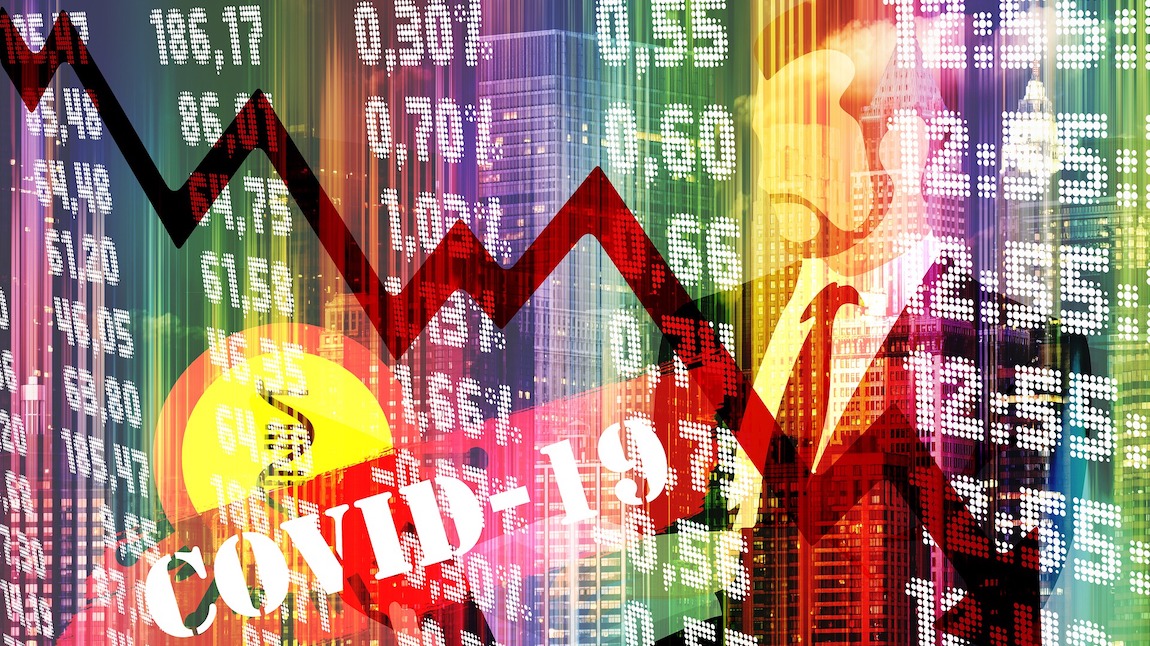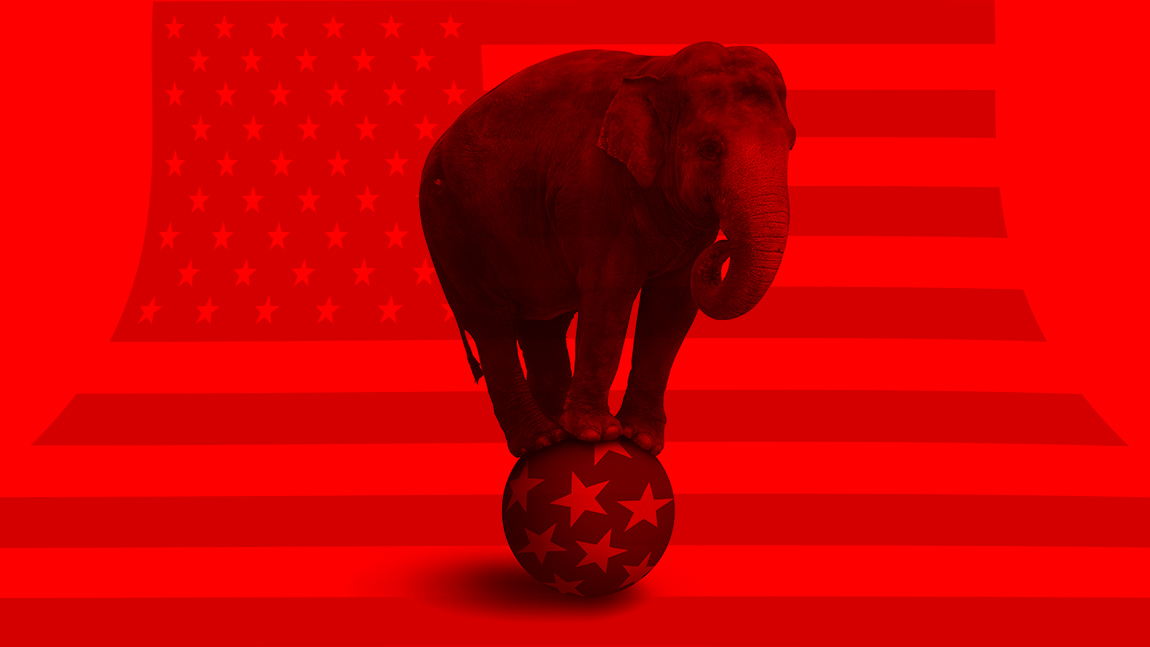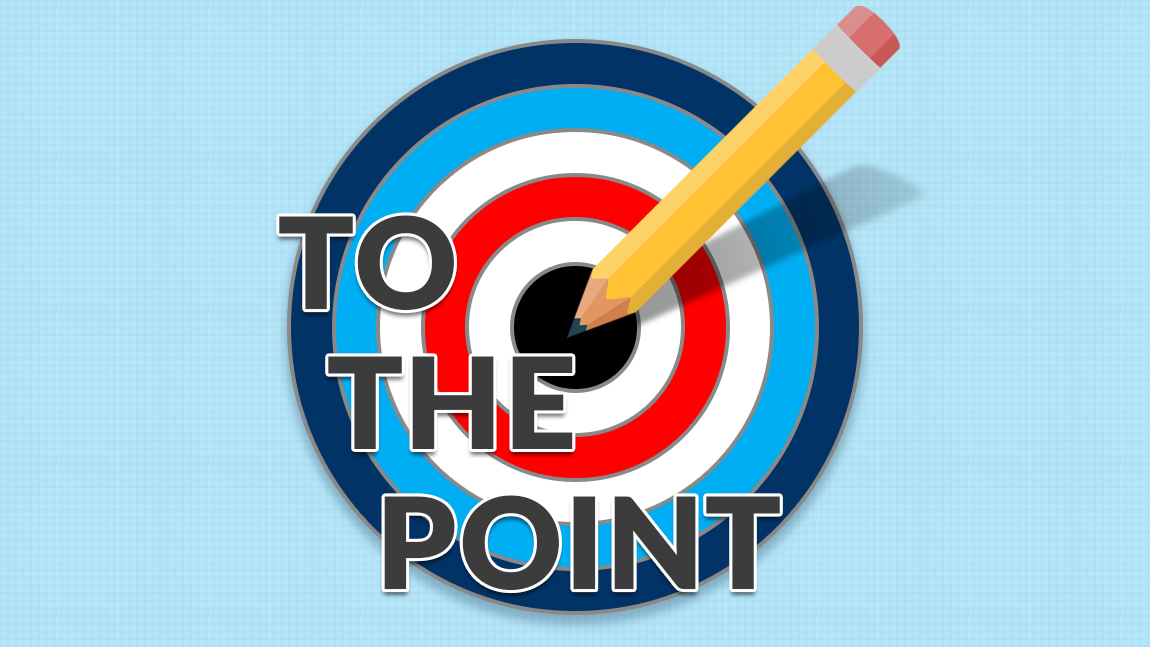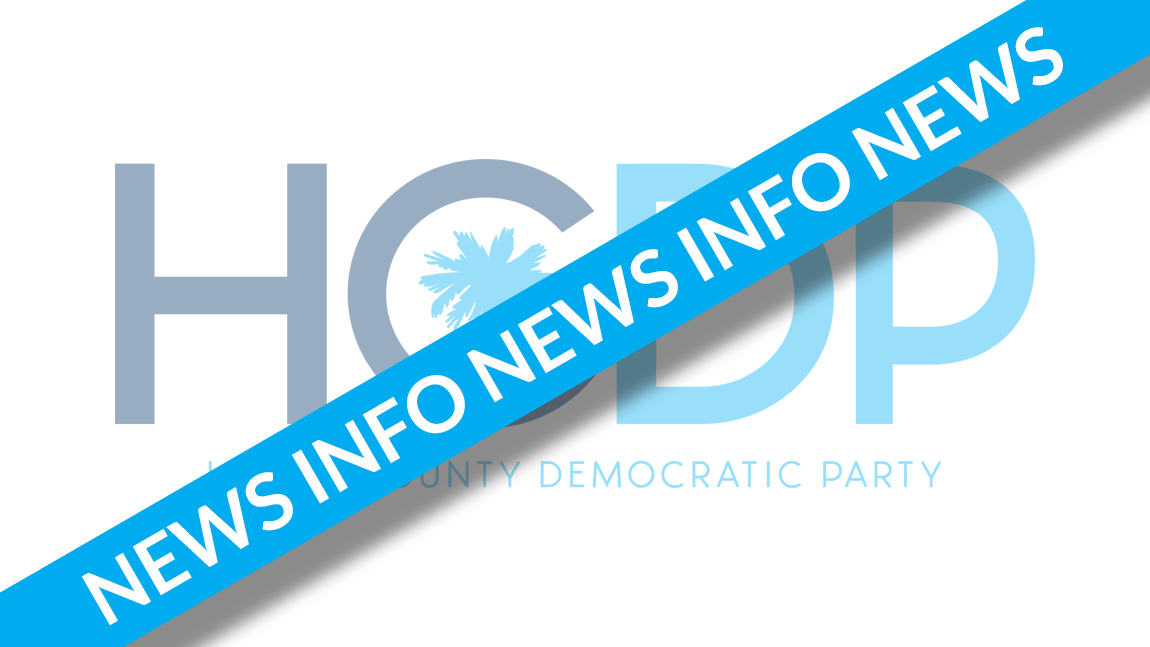By Rick Patelunas
It was over a month ago when President Trump began his deception on the dangers of the coronavirus.
First, Trump trivialized the danger when he said “We have it totally under control. It’s one person coming in from China.” Trump later compounded the deception at a rally in Charleston, SC by proclaiming the virus is the Democrats newest hoax following the impeachment hoax.
Trump’s aides took their turns at the deception. Reacting to the worst week on Wall Street since the Great Recession, acting chief of staff Mick Mulvaney’s market advice was to “tell people to turn off their televisions for 24 hours.”
Trump’s chief economic advisor, Larry Kudlow, explained that “The stock market is worried, its fearful. But if you’re the long-term investor — which you all should be since I believe and Ivanka believes that the country is in good, safe hands right now…”
If Ivanka is comfortable, what’s to worry about? Sickness, suffering, death, and Trump’s worst fear, a sinking economy.
Sage advice is to prepare for the worst, and hope for the best, but Trump squandered a whole month. First, China quarantined people; more recently, Japan closed schools for a month and the virus spread to over 50 countries, including the U.S. The World Health Organization has confirmed over 85,000 infections and nearly 3,000 deaths from the virus.
The Reality
For Trump, who ties his re-election hopes to the economy, and who measures his success by reading the stock market, there is no hiding. The past week saw the market lose about 13 percent, wiping out $3.4 trillion of value. Another economic barometer, the price of oil, likewise fell to its lowest level in over a year. Markets don’t like uncertainty. Trump’s deception only added to the uncertainty.
Realistic people have concerns about the coronavirus danger, including members of Trump’s party.
At an all-day conference on Wednesday, Republican Sen. John Boozman of Arkansas said the virus could affect the economy throughout the world. The chairman of the Senate Appropriations Committee, Richard Shelby (R-AL), said he’s ready to back an emergency bill to spend $4 billion on the virus danger, noticeably more than the $2.5 billion proposed by the Trump administration.
Professional economists also recognize the danger. Goldman Sachs recently informed clients that the coronavirus could wipe out next year’s corporate earnings. Oxford Economics revised its first quarter forecast down to 1.9 percent and its annual forecast down to 2.3 percent from 2.5 percent. To put that in perspective, the Trump administration’s 2021 budget is forecasting 2.8 percent growth this year and 3.1 percent in 2021.
Policies have Consequences
Trump’s budget and his crisis management may ignore reality, but reality has brought them together.
Trump continues the Republican policies of cutting the National Institutes of Health, the Centers for Disease Control and Prevention and the National Health Services Corps. It isn’t until there is a crisis that the myopia of defunding research and preparedness becomes apparent.
Trying to play catch up, the administration asked for $2.5 billion funding. Compare that to the nearly $10 billion Trump diverted or plans to divert from other programs to fund his border wall or the $2.3 trillion price tag on his tax cut for himself and his wealthy compatriots.
If there is a recession, Trump’s tax policies have limited the ability to respond.
During the economic expansion that began under President Obama, traditional logic calls for the government to solidity its financial position to allow it to respond to a future recession.
Trump’s tax policy eliminated two important tools to respond to a recession. One, by piling on more debt, Trump has all but eliminated the option for additional government spending to stimulate demand. With the new debt level, Republicans will argue more cuts are needed, not more spending.
Two, cutting corporate taxes to stimulate growth is hardly an option. First, given the meager investment and growth that followed the most recent tax cut, there’s little reason to think corporations will increase their spending. Second, with many large corporations paying zero taxes now, there’s just not much more relief that they can be given.
The Real Problem
The market reacted to more than the coronavirus. It reacted to a fragile economy that could come apart when faced with a crisis.
Despite the claims of Trump and the comfort of Ivanka, more realistic people recognize that there is risk in the economy. Deception cannot make Trump’s fantasies real. Message control doesn’t make the crisis go away.
Obama did not ignore the Great Recession. His policies weren’t perfect, but he stabilized the financial markets to minimize uncertainty. He was rewarded with an expansion that now benefits Trump. Much like the great and powerful Oz, Trump can’t hide behind the curtain forever.






